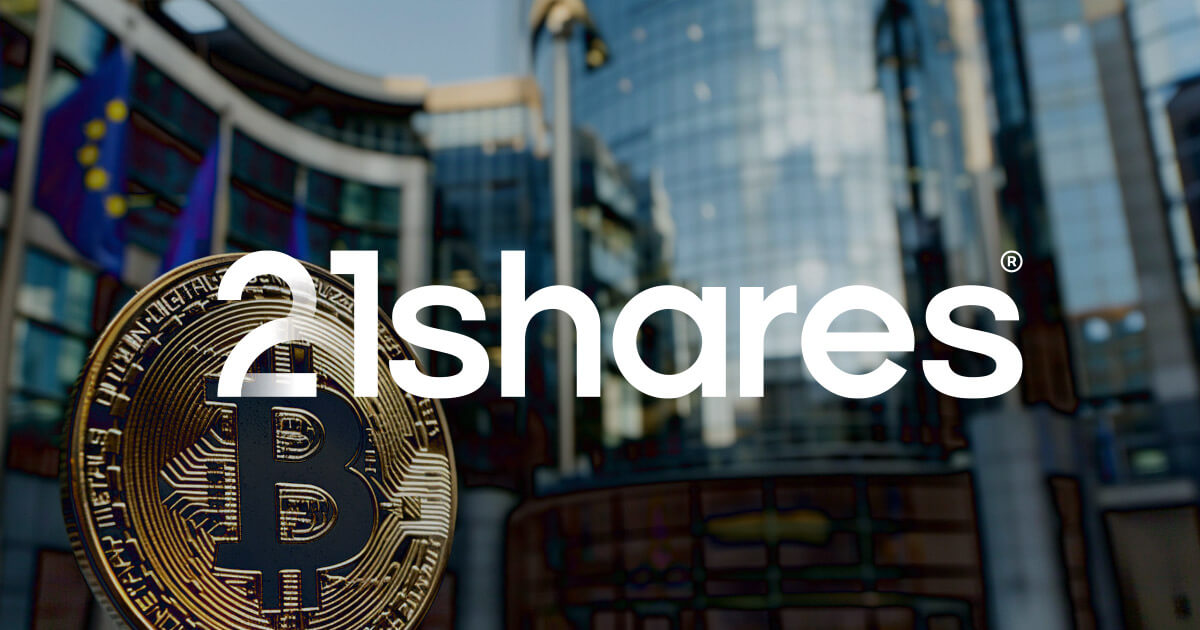21Shares, a crypto investment firm, has called on the European Securities and Markets Authority (ESMA) to establish standardized regulations for incorporating crypto into UCITS (Undertakings for Collective Investment in Transferable Securities) funds, according to an Oct. 7 statement.
The firm noted that the current approach lacks consistency and causes confusion for retail and institutional investors across Europe. It pointed out that some countries, like Germany and Malta, allow UCITS funds to include crypto, while others, such as Luxembourg and Ireland, do not.
Mandy Chiu, Head of Financial Product Development, explained that this fragmented approach limits retail investors’ ability to capitalize on crypto fully. She added:
“By providing a consistent set of rules across Europe, ESMA could open up new avenues for investors to diversify and enhance their portfolios in a regulated environment that is designed for investor protection.”
Chiu further noted that clear and consistent rules would help stabilize markets while fostering growth in the crypto sector.
So, the firm urged ESMA to create comprehensive guidelines that would allow for indirect exposure to cryptocurrencies across all EU member states. According to 21Shares, this would protect investors and broaden access to crypto investments.
Notably, the push for regulatory clarity comes as ESMA reviews feedback from its recent consultation on including new asset classes, such as crypto, in UCITS funds.
MiCA’s gradual implementation
The request from 21Shares aligns with the European Union’s gradual implementation of its Markets in Crypto Assets (MiCA) regulation.
MiCA sets a precedent as the EU becomes the first major region with a comprehensive legal framework for crypto. The regulation establishes a uniform digital asset rulebook that balances user protection with promoting innovation within the area.
Under MiCA, crypto service providers must secure authorization from one of the EU’s national financial regulators to operate within the bloc.
The regulation has already influenced the stablecoin sector. Some firms, including Coinbase, have announced plans to delist stablecoins that fail to meet the EU’s regulatory requirements by the end of 2024. Crypto exchanges have started adopting policies to align with MiCA guidelines, while funds lack such clarity.
















